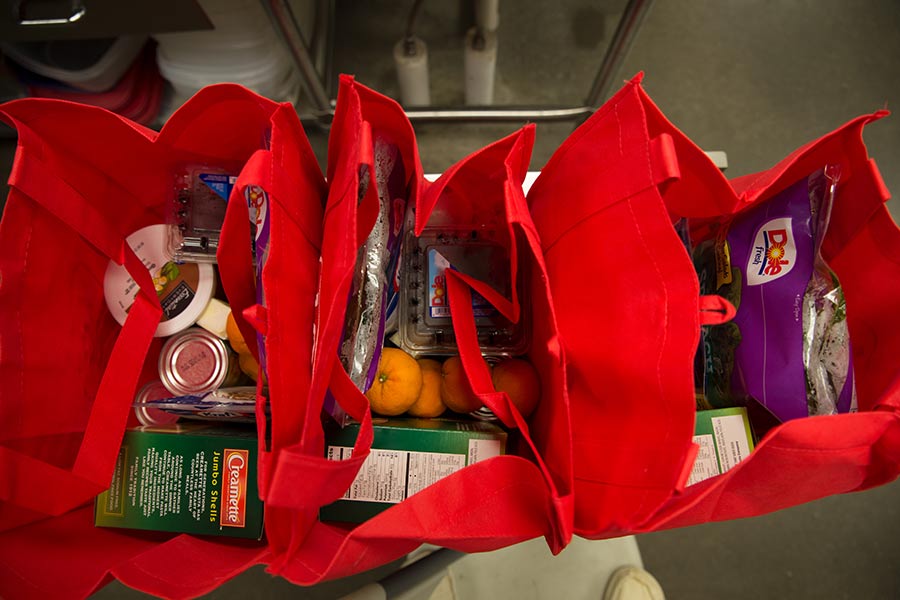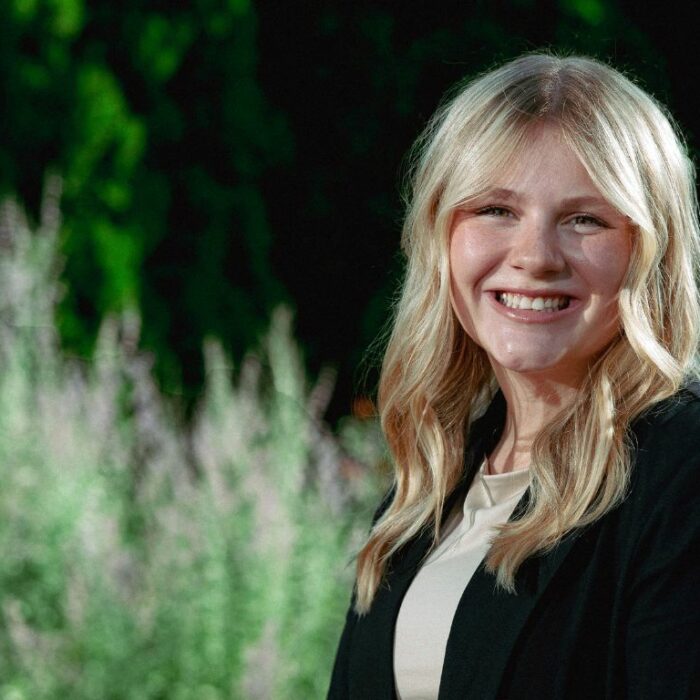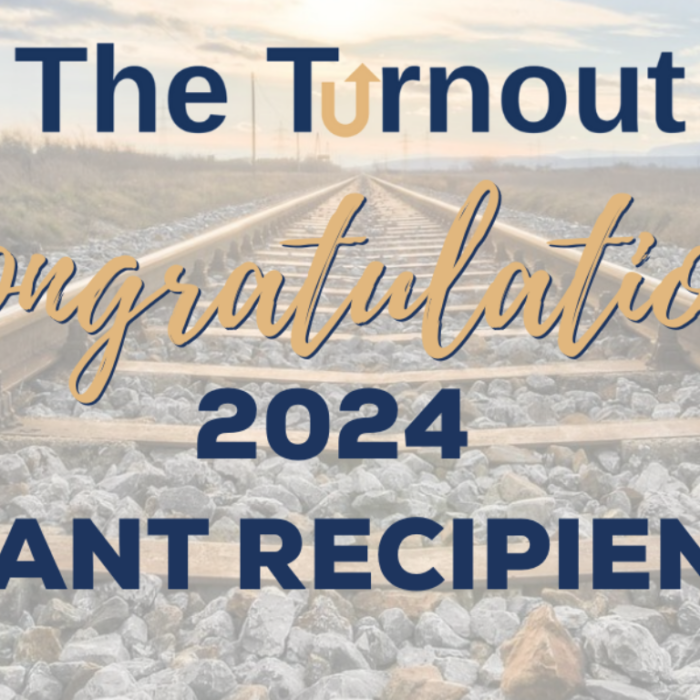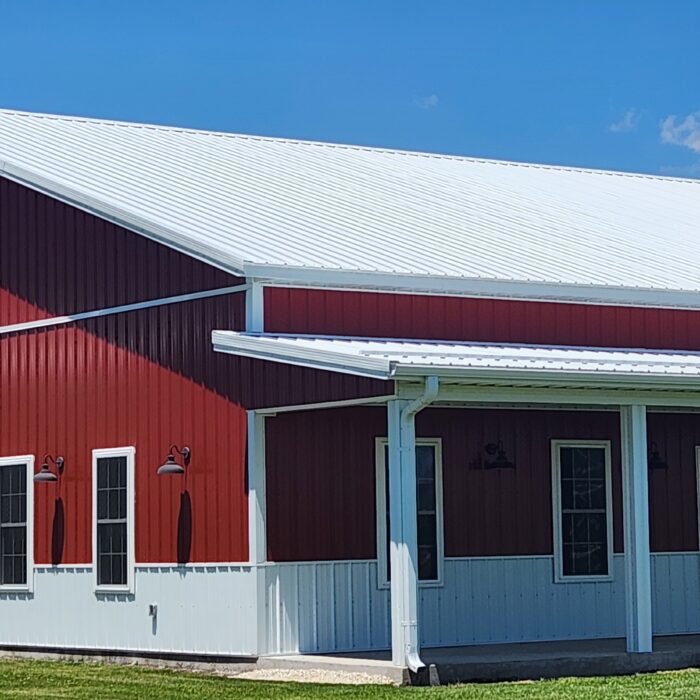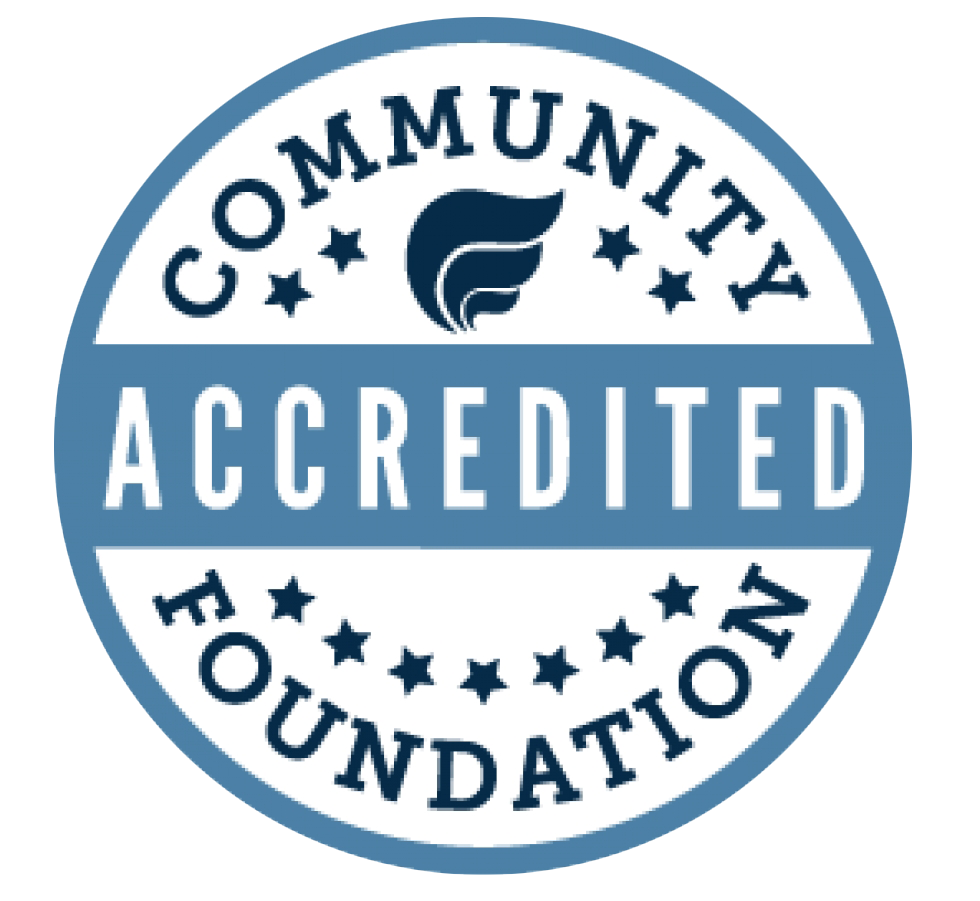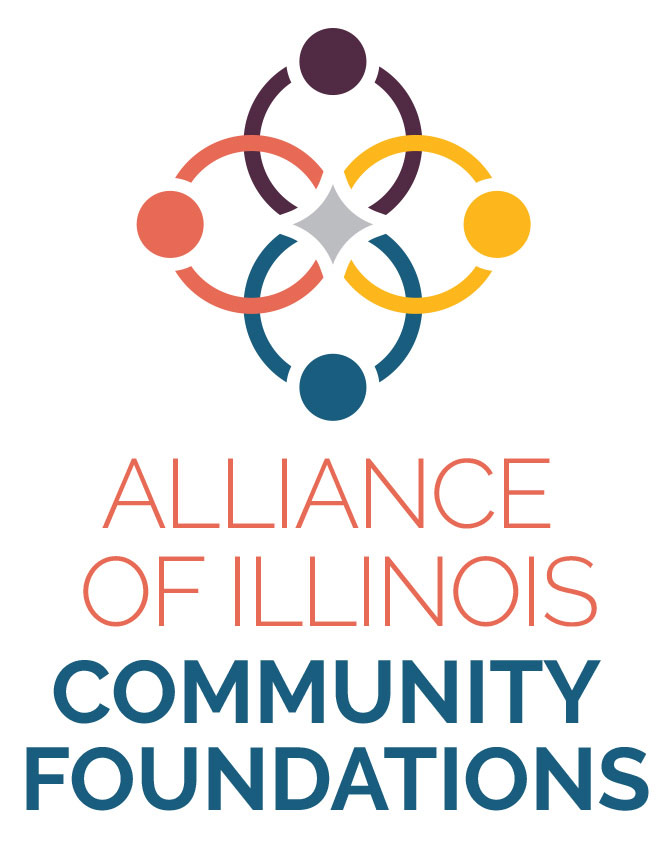Why do people go hungry? Viewed one way, food insecurity is about access to food—and combating it means making affordable, nutritious food available to more people.

Viewed another way, it’s about the deeper disparities, from education and income to transportation and housing, that lead to hunger in the first place. Tackling these root causes means rethinking how entire systems work.
The Hunger Collaborative is doing just that. Convened in 2021 by Galesburg Community Foundation, the Hunger Collaborative comprises individuals and leaders from 27 local nonprofits both directly and indirectly involved in food assistance. Together, they’re working to develop strategies to reduce hunger by addressing its root causes. Those strategies will become realities thanks to more than $1.4 million entrusted to the Community Foundation by Knox County, along with $750,000 invested by the Community Foundation itself and more than $100,000 generously contributed by local residents.
“We’re listening to the nonprofits on the front lines of this work,” says Joshua Gibb, the Community Foundation’s president and CEO. He explains that the Community Foundation brought these organizations together after observing how they had already begun collaborating in new ways in response to the COVID-19 pandemic. “We saw an opportunity to help keep that collaboration moving forward and to direct resources in a different way.”
In addition to direct, immediate need for food, the Hunger Collaborative has identified four priority root causes of hunger:
- Access to and awareness of services
- Workforce and skills readiness
- Housing and homelessness
- Transportation
For each area, small groups are crafting proposals for multi-year grants. Under access and awareness, for example, a single, coordinated network of nonprofit and governmental service providers could remove barriers to available resources. Under housing, plans for emergency shelter beds, permanent housing with wraparound services, and services for those at risk of homelessness are under consideration.
The Hunger Collaborative’s advisory board worked with the Community Foundation to establish an open, ongoing grant cycle to fund these projects. This flexibility gives the nonprofits time to develop solutions organically, though all Knox County funds will be allocated by 2024 and spent by 2026.
“What we can’t do is be okay with the status quo,” says Roger Pavey, advisory board member and executive director of the Western Illinois Regional Council. “So much great work is happening out there—and it’s not enough. The Hunger Collaborative gives us a chance to change the status quo. If we can demonstrate that it works, then we can advocate for change in the system.”
Ultimately, progress made by the Hunger Collaborative today means that systems will be in place so that when the next pandemic—or other disaster— happens, the need will not be so great that it takes resources away from other important work.
If we continue to knit this together well,” adds Gibb, “we have the opportunity to change people’s lives.

